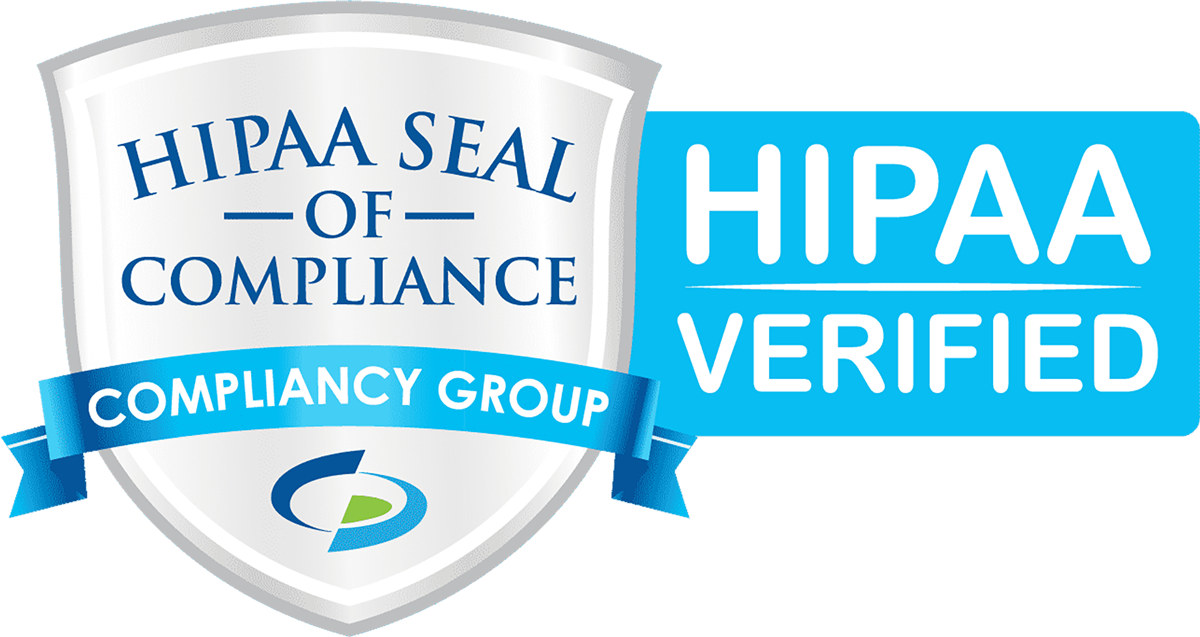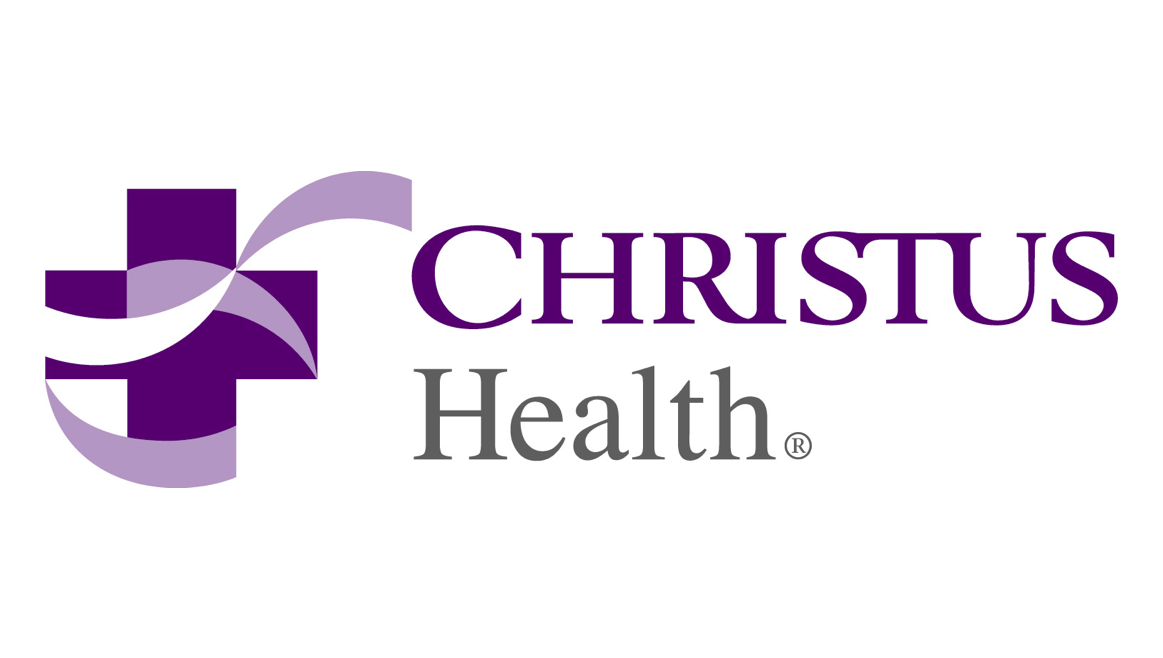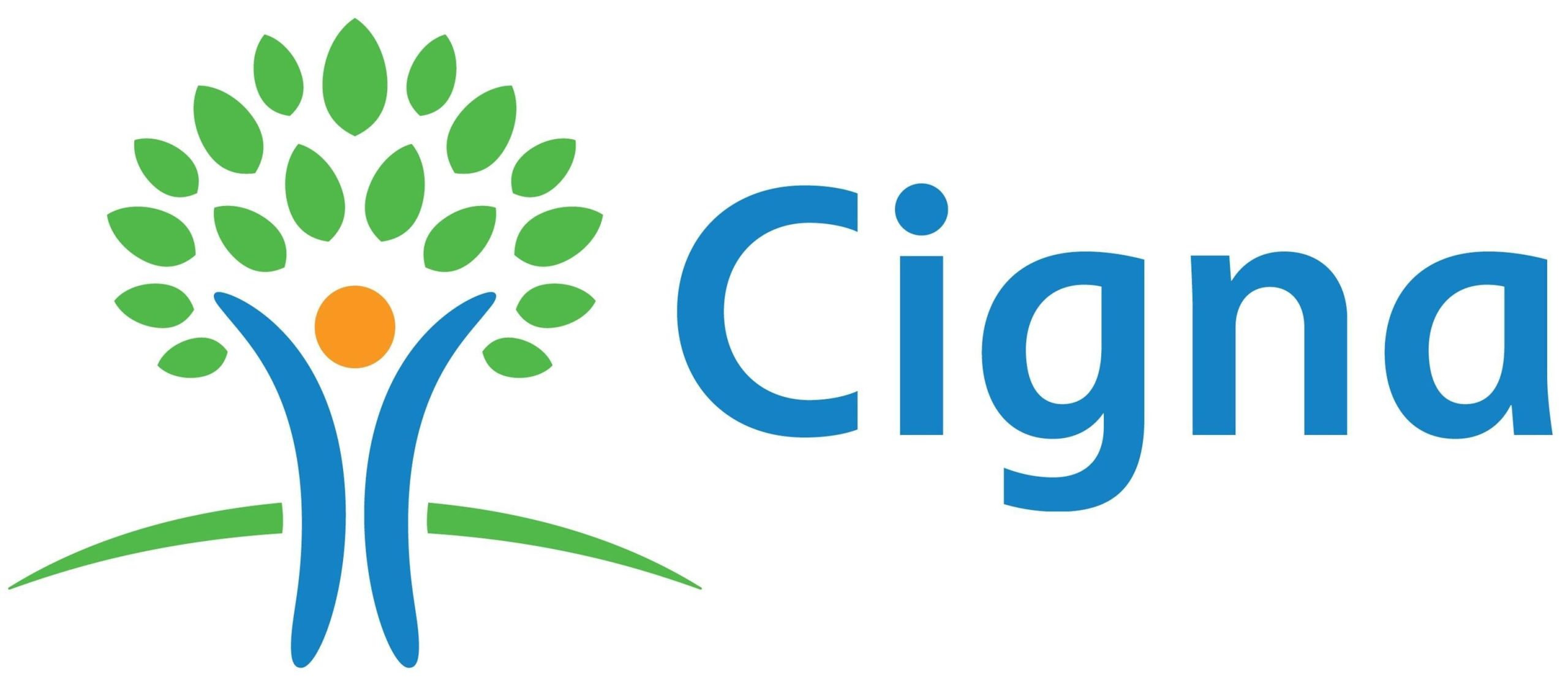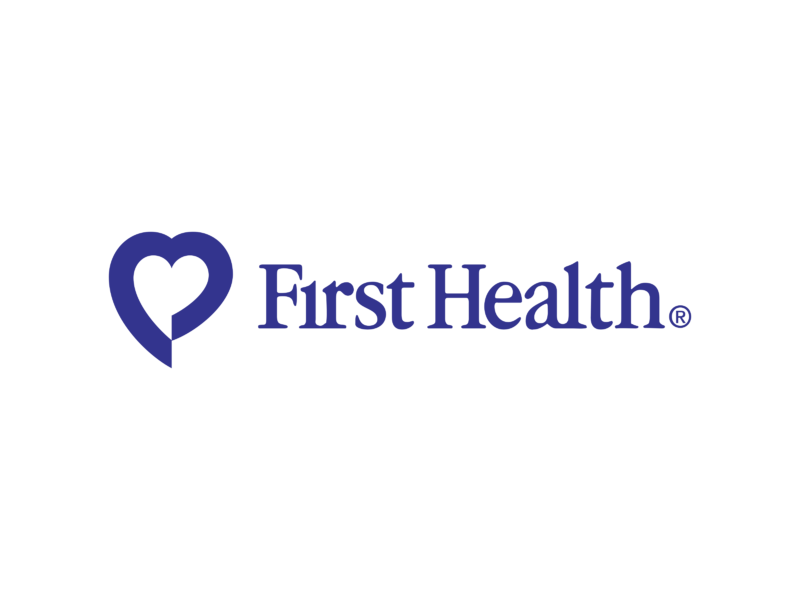Understanding Anxiety Disorders
When it comes to addressing mental health and substance abuse treatment, understanding anxiety disorders is paramount. Let’s delve into the prevalence of these disorders and their impact on individuals.
Prevalence of Anxiety Disorders
Anxiety disorders are among the most prevalent mental health conditions in the United States. Approximately 19% of the general population has a diagnosed anxiety disorder. Globally, anxiety disorders affect about 264 million people, a figure that has seen a 15% increase since 2005 (NCBI).
Generalized anxiety disorder (GAD) holds a global lifetime prevalence rate of 3.7%, with an annual rate of 1.8%. The high prevalence underscores the critical need for effective anxiety disorder treatment programs like our partial hospitalization program and intensive out-patient program.
Impact of Anxiety on Individuals
Anxiety disorders significantly impact individuals’ lives, often leading to both mental and physical health challenges. The comorbidity rate of GAD is 81.9%, meaning those affected frequently suffer from additional health issues.
More than 40% of adults report experiencing symptoms of anxiety or depression, often exacerbated by stressors such as job instability, grief, and family disruptions. Poor sleep also dramatically affects mood, as neurotransmitters responsible for supporting mood are replenished during sleep.
Our program emphasizes the importance of addressing these complex impacts through specialized therapies like cognitive behavioral therapy and lifestyle adjustments.
By understanding the prevalence and impact of anxiety disorders, we can better appreciate the need for comprehensive anxiety disorder treatment solutions. Visit our pages on transitional independent living and day programming to explore our broad range of support services.
Therapeutic Approaches for Anxiety
At Bright Path Program, we offer effective anxiety disorder treatment to help our clients regain control over their lives. Our therapeutic approaches are designed to address the unique needs of each individual, providing them with the tools and support needed for long-term wellness. Below, we discuss three prominent therapeutic options: Cognitive Behavioral Therapy (CBT), Mindfulness-Based Cognitive Therapy (MBCT), and Acceptance and Commitment Therapy (ACT).
Cognitive Behavioral Therapy (CBT)
Cognitive Behavioral Therapy (CBT) is one of the most extensively used and researched therapeutic approaches for anxiety disorders. According to WebMD, CBT helps clients understand how their thoughts can feed anxiety symptoms and teaches them to reshape negative thought patterns. This therapy focuses on teaching specific skills to improve symptoms and gradually face avoided activities due to anxiety, enhancing their ability to manage stress.
CBT has been widely recognized for its effectiveness, as highlighted by the Mayo Clinic. By incorporating exposure therapy, CBT helps clients build confidence in managing anxiety triggers.
| Method | Key Features |
|---|---|
| Cognitive Behavioral Therapy (CBT) | Reshapes negative thought patterns, teaches specific skills, includes exposure therapy. |
Mindfulness-Based Cognitive Therapy (MBCT)
Mindfulness-Based Cognitive Therapy (MBCT) integrates principles of mindfulness with CBT. This approach helps clients develop an awareness of their thoughts and feelings without judgment, reducing the impact of negative thinking patterns associated with anxiety. By focusing on the present moment, MBCT helps individuals break the cycle of recurrent stress.
Incorporating mindfulness techniques allows clients to better manage their anxiety, fostering a sense of calm and control. This holistic therapy can be particularly beneficial for those experiencing recurrent bouts of anxiety.
| Method | Key Features |
|---|---|
| Mindfulness-Based Cognitive Therapy (MBCT) | Combines mindfulness principles with CBT, enhances awareness, breaks cycle of recurrent stress. |
Acceptance and Commitment Therapy (ACT)
Acceptance and Commitment Therapy (ACT) focuses on helping clients accept their thoughts and feelings rather than fighting them. ACT teaches individuals to commit to actions that align with their values, despite anxiety or fear. This approach encourages psychological flexibility, enhancing clients’ ability to cope with stressful situations.
ACT has been shown to be especially useful for those struggling with chronic anxiety. By fostering acceptance and encouraging value-driven actions, clients can lead more fulfilling lives, free from the control of their anxiety.
| Method | Key Features |
|---|---|
| Acceptance and Commitment Therapy (ACT) | Promotes acceptance of thoughts and feelings, encourages value-driven actions, enhances psychological flexibility. |
For individuals seeking comprehensive anxiety disorder treatment, Bright Path Program offers a range of therapies tailored to their needs. Our dedicated team provides support through various programs, including day programming, partial hospitalization, and intensive out-patient programs, ensuring that each client receives the care and attention they deserve.
By integrating these evidence-based therapies, we empower our clients to navigate their journey to wellness with confidence and resilience. For more information on the services we offer, such as depression treatment, drug addiction treatment, or emdr therapy, please explore our website.
Medication for Anxiety Treatment
Managing anxiety disorders often requires a multifaceted approach, and medication can be a crucial component of this strategy. At Bright Path Program, we offer a comprehensive range of treatments, including medications, to help individuals manage their anxiety effectively.
Antidepressants for Anxiety
Antidepressants are widely used for treating anxiety disorders. These medications work by regulating brain cell communication and can ease anxiety symptoms. They include various classes, with selective serotonin reuptake inhibitors (SSRIs) being particularly effective for conditions such as generalized anxiety disorder (GAD).
Antidepressants often serve as a first-line treatment for anxiety due to their efficacy and relative safety. However, they may cause side effects such as somnolence, sexual dysfunction, dry mouth, and constipation. To learn more about our approach to anxiety disorder treatment, you can explore our cognitive behavioral therapy options.
SSRIs and SNRIs
Selective Serotonin Reuptake Inhibitors (SSRIs) and Serotonin Norepinephrine Reuptake Inhibitors (SNRIs) are essential tools in the treatment of anxiety disorders. They work by increasing levels of neurotransmitters in the brain that regulate mood and anxiety.
Mechanisms and Benefits
- SSRIs increase serotonin levels by preventing its reuptake into the neuron, which helps to alleviate symptoms of anxiety and depression.
- SNRIs increase both serotonin and norepinephrine levels, providing an additional mechanism to combat anxiety symptoms.
Both classes are considered effective for treating GAD and other anxiety disorders. Whether you’re part of our day programming or intensive out-patient program, we customize treatment plans to include the most appropriate medications.
Buspirone and its Efficacy
Buspirone is another medication used for anxiety treatment. Unlike SSRIs and SNRIs, it is a 5-HT1A partial agonist and is commonly used as an adjunctive treatment with other medications, particularly for GAD. Despite being superior to a placebo, its efficacy is somewhat lower compared to benzodiazepines and antidepressants.
Benefits and Drawbacks of Buspirone
| Factor | Buspirone | Alternatives |
|---|---|---|
| Effectiveness (GAD) | Moderate | Higher for SSRIs/SNRIs |
| Tolerability | Less well-tolerated | Better for SSRIs/SNRIs |
| Common Side Effects | Dizziness, nausea | Similar to SSRIs/SNRIs |
Additionally, Buspirone is often less effective for patients with a history of benzodiazepine use. Our method ensures that patients are given the right medication tailored to their unique needs. For some individuals, medication may be combined with other treatments such as dialectical behavior therapy or EMDR therapy.
By offering a range of medicinal options, including SSRIs, SNRIs, and Buspirone, we aim to provide comprehensive anxiety disorder treatment that fits each individual’s requirements.
Lifestyle Changes for Anxiety Management
In the journey towards anxiety disorder treatment, lifestyle modifications play a pivotal role. At Bright Path Program, we emphasize holistic approaches that integrate various aspects of daily life to enhance overall mental health.
Importance of Daily Exercise
Regular physical activity is an effective way to manage anxiety. Daily exercise, such as a 10-minute walk, can help alleviate symptoms of anxiety by stimulating the production of serotonin and endorphins, which are chemicals in the brain that promote feelings of well-being. A simple routine, like walking for 30 minutes a day, has been proven to significantly reduce the risk of major chronic diseases, including anxiety and depression. It is essential to think of this walking program as a stable behavior change for at least six months to ensure long-term benefits.
| Activity | Duration | Frequency | Benefits |
|---|---|---|---|
| Walking | 30 minutes | Daily | Reduces anxiety and depression risk |
| Jogging | 20 minutes | 3 times a week | Boosts endorphins, decreases stress |
| Yoga | 1 hour | Weekly | Enhances relaxation, reduces muscle tension |
Benefits of Meditation
Meditation is another powerful tool in the management of anxiety. It helps bring a sense of relaxation and tranquility to the mind, reducing stress and calming anxiety. By clearing the mind from daily stressors, meditation can significantly reduce symptoms of anxiety and depression. Regular practice of meditation can help cultivate mindfulness, allowing individuals to experience their thoughts and emotions in a non-judgmental way.
For those looking to integrate meditation into their daily routine, we recommend starting with just a few minutes each day and gradually increasing the duration as comfort and familiarity with the practice grow.
Role of Quality Sleep
Quality sleep is crucial for managing anxiety. Adults are recommended to aim for seven to nine hours of sleep each night. Maintaining a steady sleep schedule, even on weekends, helps in regulating the body’s internal clock. Disruptions in sleep patterns can exacerbate mental health issues, including anxiety.
Poor sleep can significantly impact mood since neurotransmitters supporting mood are replenished during sleep. Restorative sleep is essential for maintaining balance in the brain and alleviating symptoms of both anxiety and depression.
| Factor | Recommendation | Impact |
|---|---|---|
| Sleep Duration | 7-9 hours per night | Enhances mood, reduces anxiety |
| Consistent Schedule | Same bedtime and wake time | Regulates internal clock |
| Sleep Environment | Dark, cool, quiet room | Promotes restful sleep |
Integrating these lifestyle changes can complement professional treatment options available at Bright Path Program, including cognitive behavioral therapy, day programming, and our intensive out-patient program. Our holistic approach ensures that we address both the physical and mental aspects of anxiety, providing a comprehensive treatment plan tailored to individual needs.
Seeking Professional Help for Anxiety
Psychotherapy for Anxiety Disorders
At Bright Path Program, we prioritize psychotherapy as a primary treatment for anxiety disorders. Various therapeutic approaches, such as cognitive-behavioral therapy (CBT), interpersonal therapy (IPT), psychodynamic psychotherapy, and exposure therapy, have shown significant results in reducing anxiety symptoms. Our experienced clinicians are adept at tailoring these therapies to meet the specific needs of each individual.
For more specialized therapy options, we offer dialectical behavior therapy and radically open dialectical behavior therapy, which can further enhance the treatment outcomes for various anxiety disorders.
Medication Considerations for Anxiety
In some cases, medication can be a crucial component of anxiety disorder treatment, especially when combined with psychotherapy. Selective serotonin reuptake inhibitors (SSRIs) and serotonin norepinephrine reuptake inhibitors (SNRIs) are commonly prescribed and are considered first-line treatments for panic disorder, generalized anxiety disorder (GAD), and social anxiety disorder (SAD) (NCBI).
With our comprehensive program, our medical professionals carefully consider each patient’s medical history and specific symptoms to find the most effective medication plan.
Lifestyle Adjustments for Anxiety Relief
Lifestyle changes play a vital role in managing anxiety. Regular exercise, quality sleep, and mindfulness practices are essential components of our approach.
Importance of Daily Exercise
Engaging in daily physical activity can notably decrease anxiety levels. Exercise has been shown to elevate mood and reduce anxiety symptoms effectively, particularly workouts like yoga, tai chi, and qigong. We integrate personalized exercise routines into our treatment plans to support overall well-being.
Benefits of Meditation
Practicing meditation and mindfulness techniques can significantly alleviate anxiety. Our program includes structuring meditation practices to suit individual preferences, aiming to reduce daily stress.
Role of Quality Sleep
Poor sleep can exacerbate anxiety. Ensuring restorative sleep is crucial for maintaining mental balance. Our team provides guidance on establishing sleep hygiene practices to enhance sleep quality (University of Minnesota).
For further assistance on lifestyle changes and professional support, explore our intensive out-patient program, partial hospitalization program, and day programming. Each of these options is designed to provide comprehensive support tailored to individual needs.
















